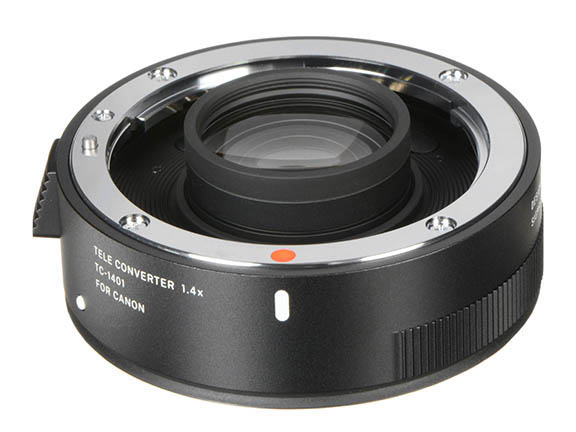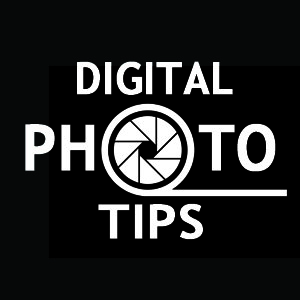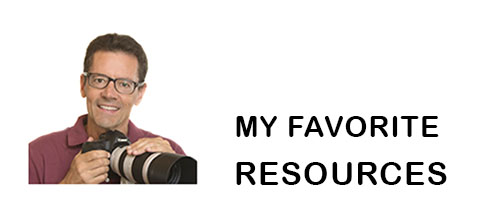HOW TO POSTS: LIGHTING AND COMPOSITION
Beginning Lens for Portraits
by Ed
(Treasure Coast, FL)

Ef-S Lens
Versatile Portrait Lens
"What lens would you recommend as I begin home portrait Photography as a hobby? I have a Canon SL1 w/ kit lens ( great Ebay buy). Almost immediately, I bought a new 50mm; but my reading seems to be pointing me toward something like a 35-105mm or similar. I’m even researching the old FD lens to keep costs down—I don’t mind the manual focus for now. Your thoughts on this lens or another for this application. Thanks much. Your article on the Basics of Lenses was most helpful. Ed.
P.s., Have you written any materials on Black and White photography...that’s really what I want to master later on..."
Hello Ed,
Thanks for asking about a beginning portrait lens! I'd be glad to share my thoughts on what a good lens would be for shooting portraits with your Canon SL1. A friend of mine shoots with an SL1 and loves hers. Also, I included a few links at the end of this answer if you want to read up some more.
Since you have a Canon "crop-sensor" camera, you have lots of affordable choices. Although it's true that generally it's a great starter lens, the 18-55mm kit lens comes up just a little short in being used very much for shooting portraits.
EF-S Portrait Lens
Unless you're planning on upgrading to a full-frame Canon DSLR, I think you'd be better off getting an EF-S lens to start with, rather than an EF lens. EF-S lenses will be smaller and more affordable.The EF 35-105 isn't a bad choice-I just think you may be a bit limited when you're shooting in smaller spaces to zoom out enough for full body shots or shooting any small group portraits with a 35-105mm (56-106mm equivalent).
Based on the information you provided in your question, my number 1 recommended choice for a beginning portrait lens would be the 18-135mm. It will be the most versatile for you by far. Even brand new they're less than $300 (for the NON Image Stabilization model) and it will be very easy to find a good deal for less than half of that for a used one because there are so many around.
That gives you an equivalent angle of view as a 28-215mm lens of a full frame DSLR. You'll be able to shoot group portraits, zoom out for full body length poses, as well as get nice and tight on individual headshot portraits.
EF Lens For Portraits
Although it's not considered a beginner lens, the EF 85mm prime lens would give you professional quality and a very reasonable price. Sames as the 18-135, you can get brand new for less than $300 and much cheaper for used. It's incredibly sharp, even wide open at f/1.8, and the out of focus background effect (Bokeh) is amazing.This was the portrait lens I used extensively in the beginning in my portrait photography business. It's a prime lens so you wouldn't have zoom capabilities, but you could use your 18-55 kit lens for shooting group portraits or when space is limited.
Ef Vs EF-S Lens For Portrait Photography
Whether to use an EF or an EF-S lens for portraits has been asked many times and I shot a short video to explain the differences, the pluses and minuses. Here's the video I posted on YouTube.I could give you other lens choices to start shooting portraits with, but I didn't want to get too lengthy and make it too confusing. I hope this helps, Ed. Please let me know what you decide on.
I hope this was helpful for you,
Bruce
EF-S Portrait Lenses. Article on portrait lenses for APS-C cameras like your SL1.
Black and White For Beginners. I shot a lot of black and white film early on in the 70s and 80s, but I haven't written a lot on black and white photography. Here's an article to start with.
Camera Equipment - Travel Zoom Lens
by Linton Jaffe
(Melbourne, Australia)

Lumix G3 14-40mm Lens
Hi
I am relatively new to DSLR cameras and purchased a Pansonic Lumix DMC-G3 last year (mirrorless compact type).
I am going on a vacation to Cambodia & Vietnam real soon (and another trip to Thailand next year) and was discussing cameras and photo taking with an old friend who is now heavily in to photography. He suggested that I get a "travel zoom" lens to avoid having to change lenses, particularly in humid environments.
The problem I have is this. I have looked at the available options and the only "travel zoom" lens available for my camera is 14 - 140mm. I currently have 14 - 42mm and 45 - 200mm lenses. Considering the zoom ranges I would think the 14 - 140mm would only be a replacement for the 14 - 42mm lens and that I would need to still take/carry the 45 - 200mm lens.
At $850 for the 14 - 140mm lens, do you think it would be worth buying it?
All lenses are Panasonic / Lumix Micro 4/3 lenses but the 14 - 140mm lens is a 2nd generation lens.
Your thoughts would be greatly appreciated.
Linton
Good question. This is a common tough decision many photographers have to make when traveling with photography equipment. If you absolutely can only take one lens/camera combination it make sense to have a lens with a larger range in its zoom capabilities.
If these are once-in-a-lifetime opportunities and it is somehow possible for you to do, you could consider buying a second DMC-G3. That's cheaper than buying your $850 lens.
You could than use your 14-42 on one camera and the 45-200 on the other. That would essentially give you a 14-200 range without compromising on quality. The 14-42 is quite small. The 45-200 of course is quite a bit bigger.
Realize this is coming from a guy who used to have two medium format cameras draped around his neck while shooting weddings. The mirror-less format is pleasantly smaller and lighter than the full-sized dslr format. They are certainly easier to carry.
I don't know your exact situation so I don't know if this is feasible. I can't afford not to have two cameras with me in case of failure of one of them during a photo shoot. This would give you more memory and battery power as well.
If you do go with buying the 14-140, purchase it well ahead of time so that you can test it first.
I hope this different perspective helps. What ever you decide, have a great time creating photographs during your travel!
DSLR vs Mirrorless
Comments for Camera Equipment - Travel Zoom Lens
|
||
|
||
Lens For Horse Racing Photography
by Richard Doyle
(BC, Canada)
I do some sports like horse racing and I was wondering if a 70-200 or 200 would be adequate.
I have a 2x teleconverter that I was going to put on these.
Any suggestions?
Thanks
Thanks for submitting your question to better digital photo tips, Richard.
If you have the financial means to invest in either lens, the 70-200 makes the most sense. These lenses don't have the same distortion as the 28-200mm type of lenses that have to compromise quality because of such an extreme range of zooming.
The 70-200 gives you much more versatility if you get the chance to get close to the subject to zoom out and include more of your subject and background.
I shoot Canon equipment and one of my favorite lenses is the Canon 70-200 f2.8. I use it for family and senior portraits and have used it for high school sports where you can get fairly close to the action.
If you are shooting big league sports or at a large race track, you will actually need a more powerful lens in the 300-500mm range. I use a 100-400mm lens in those cases.
Tele-extender Lens For Horse Racing Photography
Your tele-converter will give you 140-400mm zoom power but you will sacrifice two full f-stops of light. I've tried using teleconverter lenses (also called tele extenders) and been dissatisfied with the sharpness.
Hope that helps.Good Luck!
Bruce
Comments for Lens For Horse Racing Photography
|
||
|
||






















